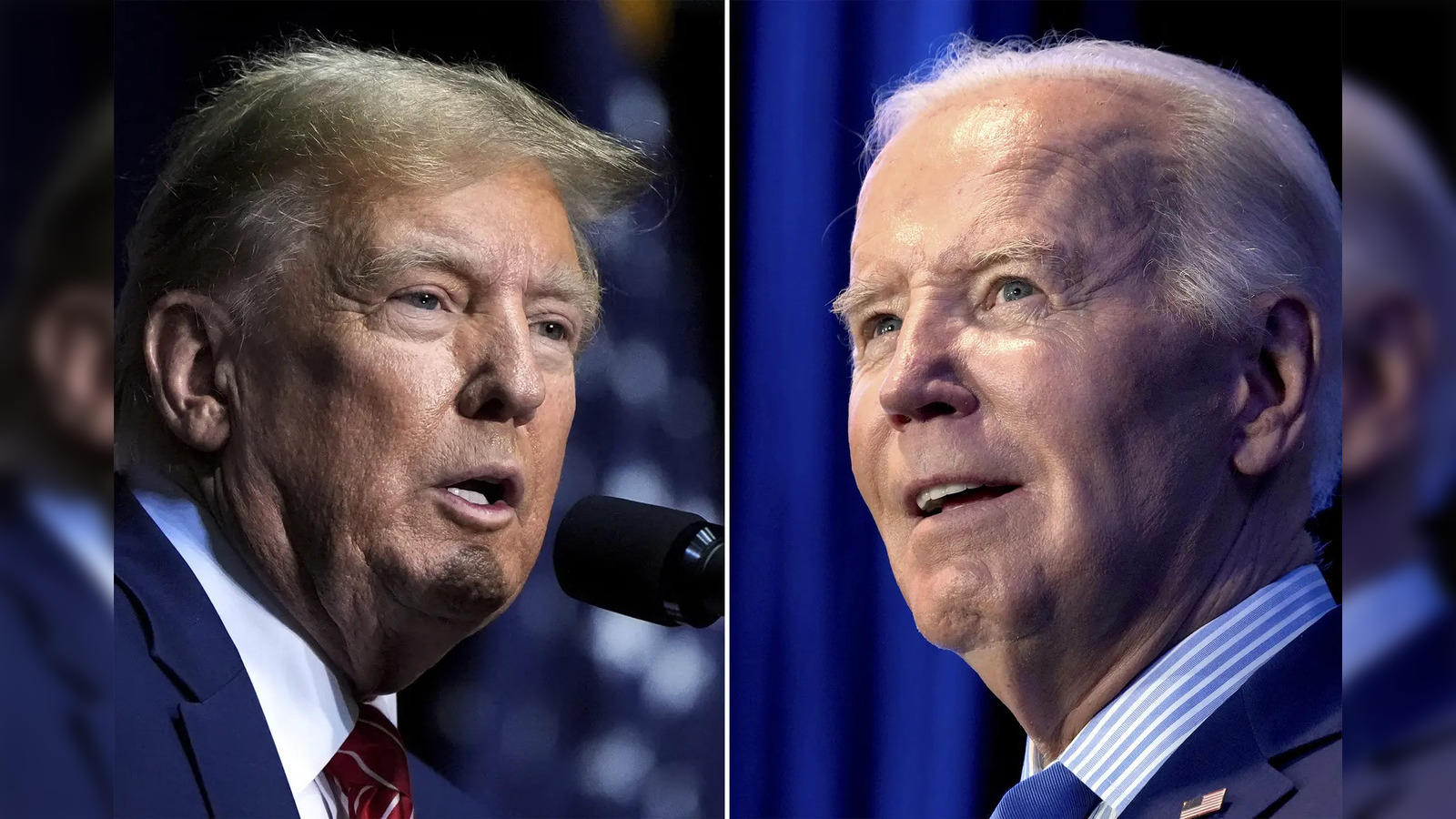SEQ City Benefits Vote, But Avoids Smarter Projects

Southeast Queensland has been given a massive digital boost, but the funds could be useful for smaller infrastructure projects. Paul Budde report.
Earlier this year, the federal government announced the South East Queensland (SEQ) City Deal (Deal). He was interested in smart city development and had a good look at this plan.
The region is home to some of Australia’s leading smart city councils. Over the past decade or so, I have been involved in smart city development in Ipswich, Moreton Bay, Logan and the Sunshine Coast. We also held several meetings with representatives. SEQ Mayors Council Because this organization is ideal for creating collaborations across the region. So I am very enthusiastic about the regional focus of this ‘deal’.
The government and Congress involved signed a $1.8 billion deal in March. The transaction was supported by $667.77 million from the Commonwealth, $618.78 million from the states, $516.2 million from the SEQ Council and $75 million from industry.
Key projects of particular interest to me include $70 million in digital connectivity to support location-based telecommunications infrastructure and improvements in digital connectivity; SEQ Innovation Economy Fund Support capital projects that promote and grow the region’s innovation economy.
The deal includes more than 30 projects from Brisbane to Toowoomba, Ipswich and the Sunshine Coast, upgrading the region’s transport and digital networks and “livability” to support its growing population. Focus on improving.
The main focus of this deal is on big-ticket items such as road and rail infrastructure (nothing was found for bike paths). click here For an overview of the selected project,
Large infrastructure projects are attractive for newspaper headlines and votes. But what I’ve learned over the years, especially looking at many foreign city deals, is that small projects can have a far greater impact in making cities, especially local areas, more livable. The good thing is that they’ve thought about this, but on an overall scale they’re still a small part of the deal.
As information and communication technology (ICT) becomes more and more embedded in all infrastructure, including transportation, housing, healthcare, and education, the ICT elements of large-scale projects can also be used in broader smart city development. But the point here is that these developments weren’t simply done in a traditional silo way of thinking.
The councils I have worked with are very much aware of the synergies that can be gained when looking at these projects on a horizontal scale rather than a vertical (silo-based) scale. In other words, with an ICT infrastructure in place, what else can we do if we think and act wisely?
So it’s good to see that the dedicated telecom investments in the deal are considered in that context. Funding for such projects includes $30 million for projects that partner with industry to improve digital connectivity for specific rail corridors, and $40 million for local digital-first projects. These include the deployment of location-based digital infrastructure, projects to address local connectivity gaps, and projects to improve the reliability of telecommunications services across regions.
In addition, $750,000 is being invested in the Smart Region Digital Plan, which aims to incorporate smart solutions into industries and communities across the region.
There is also $150 million in the so-called Innovation Economy Fund to invest in nationally significant capital projects that support small businesses and social enterprises, improve digital connectivity and improve transportation routes. Cash is used for research.
Finally on my list is the $285.8 million SEQ Liveability Fund, which provides improved amenities and supports environmental infrastructure and open spaces. The deal includes a commitment to leverage the smart city expertise of local municipalities and explore opportunities to leverage the new Sunshine Coast. International submarine cable network.
I applaud the deal, but with so much money involved, more money needed to be allocated to smaller smart city projects.
Paul Budde Columnist for Independent Australia Paul Budde Consulting, an independent telecommunications research and consulting organization. You can follow Paul on Twitter @PaulBudde.
Related article
Supporting independent journalism apply to I.A.
SEQ City Benefits Vote, But Avoids Smarter Projects
Source link SEQ City Benefits Vote, But Avoids Smarter Projects






